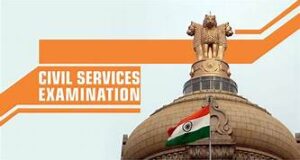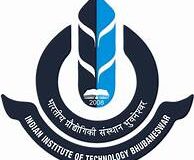Newdelhi:5/8/17:In its efforts to remain relevant and globally acceptable, NAAC has taken cognizance of the changing trends in higher education, stakeholder perceptions and feedback, besides the avalanche of experience gained from its accreditation exercise involving more than 11,132 institutions [518 Universities and 10614 Colleges] till July 2017, which stand in good stead in all its endeavours.
Over the last few months, NAAC has conducted several rounds of stakeholder interactions, a National Workshop and Meetings of several Working Groups for the preparation of the Manuals for Universities, Autonomous Colleges and Affiliated Colleges. The draft framework was pilot tested on select Higher Education Institutions (HEI’s) across the country.
A National Consultation on the Revised Accreditation Framework was held on 25th April, 2017 at New Delhi. Shri Prakash Javadekar, Minister for Human Resource Development, Government of India, inaugurated the programme in which eminent academicians and educationists actively participated.
The Revised Accreditation Framework which became operational in July 2017, is ICT enabled, objective, transparent, scalable and robust. The new framework is a subtle combination of System Generated Scores (SGS) with a combination of online evaluation (70%) and Peer evaluation (30%) which would usher in high level of transparency.
The Revised Framework is more ICT intensive and ‘outcome based’. The current grading pattern of NAAC (A++, A+, A, B++, B+, B, C, D) would be continued for accreditation. A system of applying minimum qualifiers for achieving a grade has been designed and will be implemented. For example, Universities should score a minimum of 3.01 in Criteria 1, 2 and 3 for achieving a “A” “A+” “A++”grade.
For further details on the process and formats for submission of online Institutional Information for Quality Assessment (IIQA), Self Study Report (SSR), Student Satisfaction Survey, Fee structure etc. please login to NAAC website
 Odisha news today, Latest Oriya News Bhubaneswar Online Odia news Portal
Odisha news today, Latest Oriya News Bhubaneswar Online Odia news Portal



